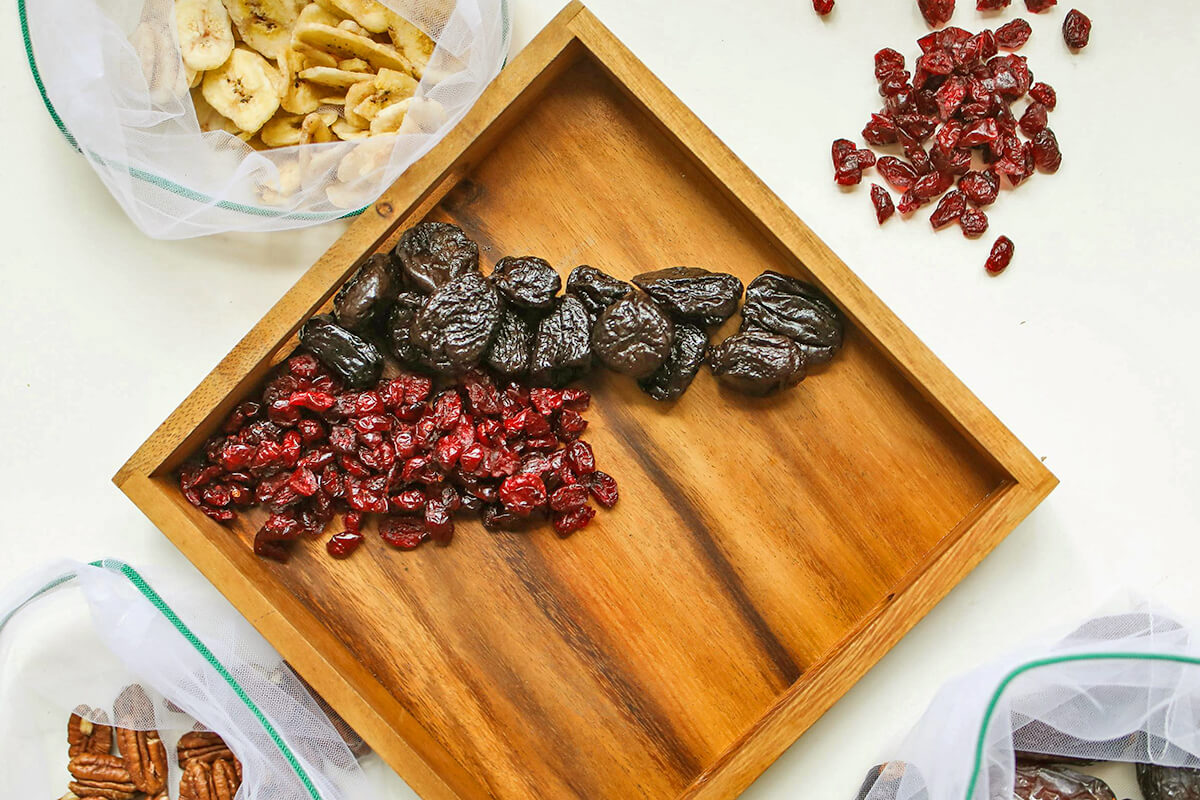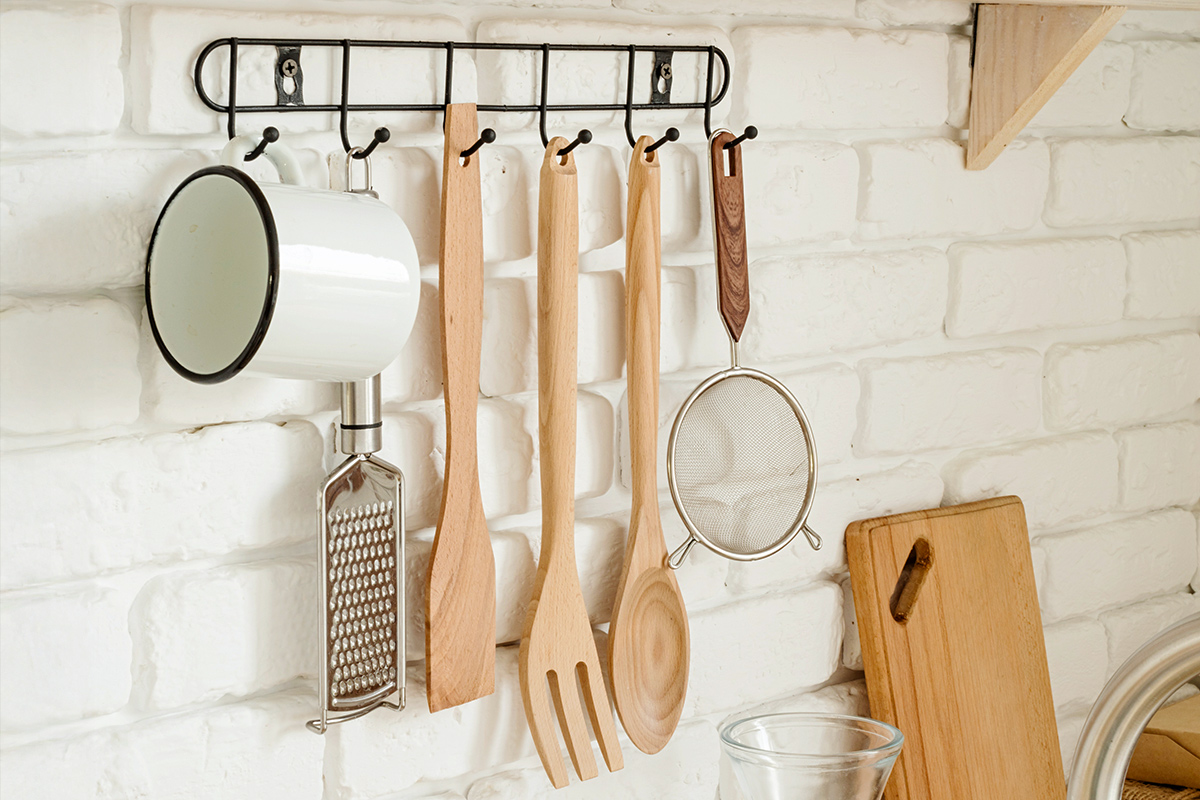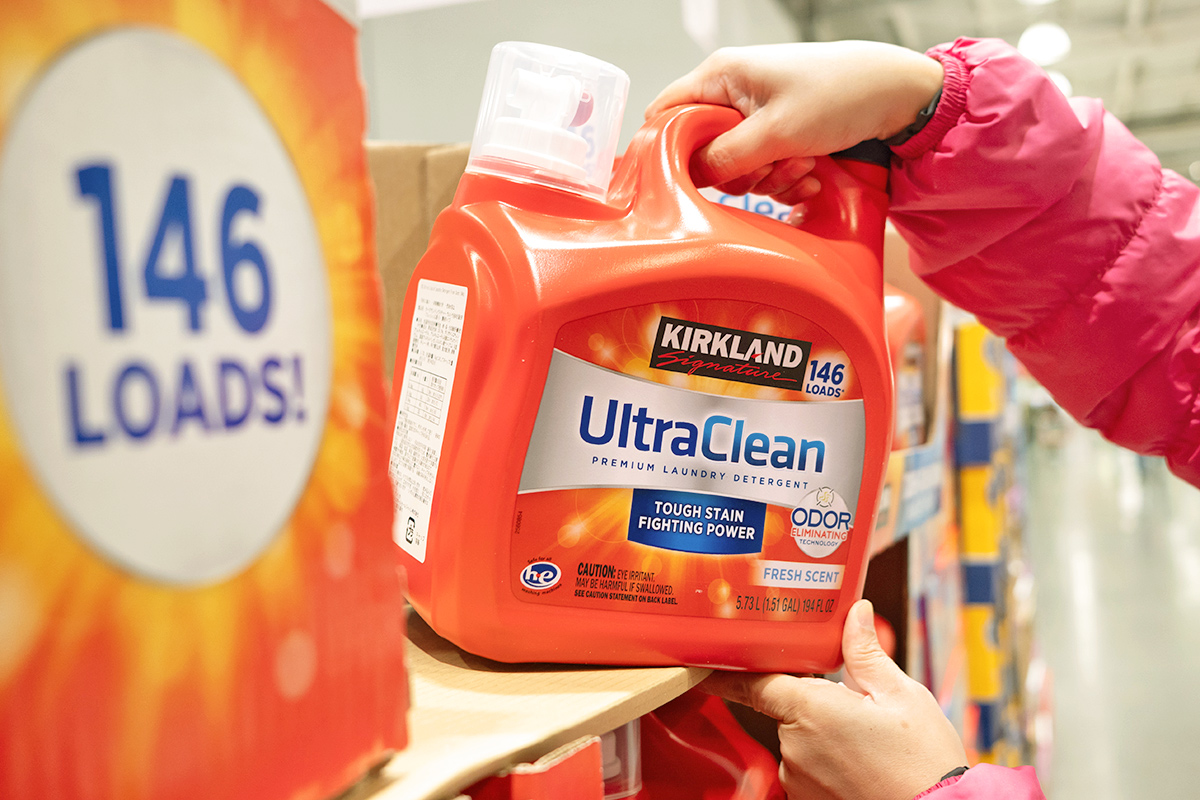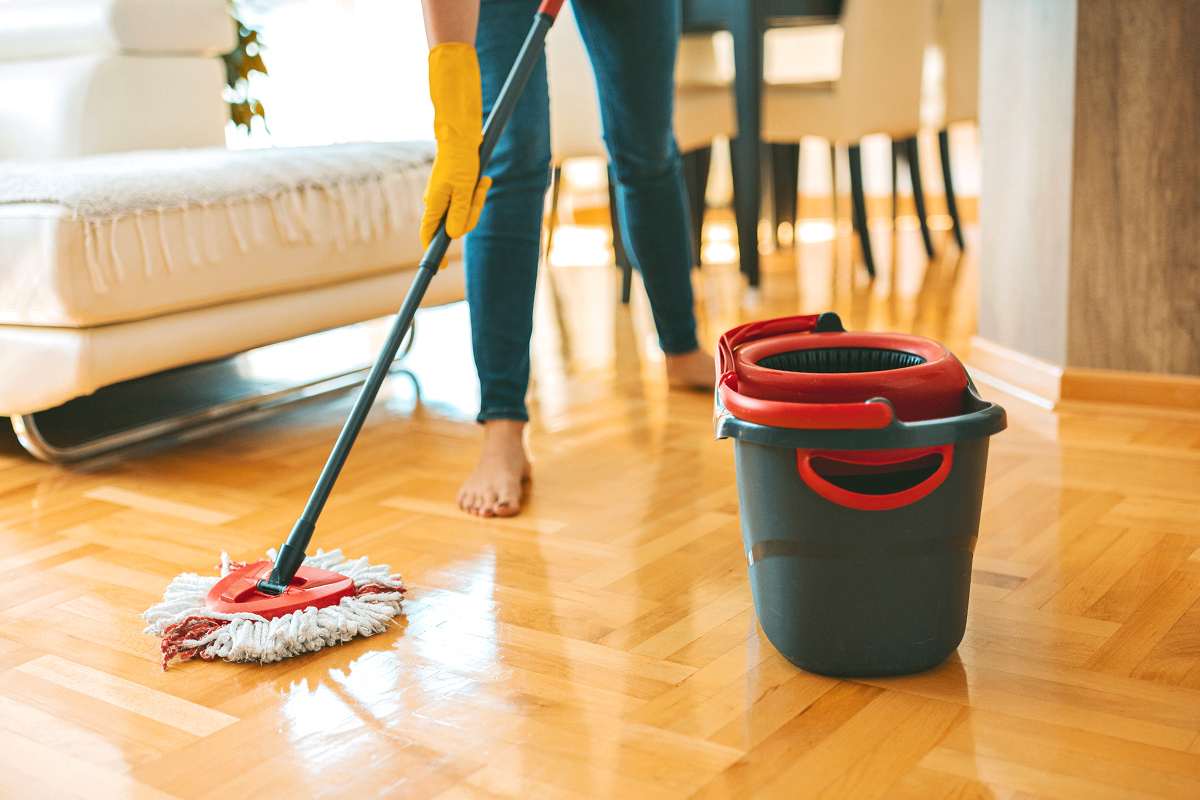Natural disasters can strike at any time, often with little or no warning. Even when meteorologists are able to issue early warnings, the public response is often panic buying — leaving grocery store shelves near-empty and bottled water nowhere to be found. When these unlikely events occur, all you can do is be as prepared…
Canned Tuna
Canned tuna can last for up to several years if kept in a cool, dark place, making it one of the better emergency foods available. Each tin of tuna is loaded with protein to keep you energized, and plenty of healthy omega-3 fatty acids for eye and brain health. Tinned tuna is versatile as well, and can be enjoyed in a sandwich, salad, pasta dish, or even straight out of the can if your supplies are limited. If you’re not a fan of tuna, canned salmon and chicken are suitable substitutes.

Dried Fruit
Fresh fruit can go bad in a matter of days, especially if you’re currently without refrigeration. But dried fruit can provide you with essential nutrients for weeks, if not months. Pick up a bag of dried fruit — preferably one without added sugars, as those could cause dehydration. Also get a package that’s easy to reseal, as a tight seal can keep the dried fruit fresher until things return to normal.

More from our network
House Outlook is part of Inbox Studio, which publishes content that uplifts, informs, and inspires.
Protein Bars
Protein, granola, and cereal bars are the perfect handheld snack for staying energized when you’re digging your car out of 10 feet of snow. They’re also kid-friendly, and for the most part, not messy. They’ll keep you feeling full and can even be used as a meal replacement if necessary. When shopping for bars that pack a nutritional punch, look for options with high protein content (10 grams or more), no added sugars, and low carbohydrates (under 20 grams).

Peanut Butter
Peanut butter is rich in healthy fats and touts plenty of protein, making it a great item to keep on hand in case of emergency. Unopened commercial peanut butter can last six to nine months at room temperature. Once opened, it will remain safe to eat for two to three months. In these situations, it’s best to avoid natural peanut butter, which doesn’t contain stabilizers and needs to be refrigerated. Peanut butter is delicious whether you’re vegan, vegetarian, or a meat eater. Enjoy it straight from the jar, on crackers or toast, or in a creamy sauce for noodles.



Bottled Water
Some emergency situations result in contaminated or no running water, which may mean you’ll have difficulty finding water that’s suitable to drink. This is why you should always have an emergency supply of bottled water. Experts recommend having a three-day supply of bottled water on hand, which equates to around a gallon per day for each person in the household. This water can be used for drinking, cooking, bathing, or brushing your teeth until the communal water is safe to drink again.

Trail Mix
Most bags of trail mix contain nuts that’ll keep you full of energy, which can be especially helpful if you’re running around after an emergency. Just try to avoid trail mix that contains a lot of candy, as sugary treats may dehydrate you and make you feel worse. Shop for trail mixes that come in resealable bags, which can keep the contents fresher for longer.

Rice and Beans
Cans of beans and bags of rice are easy to cook when your supplies and appliances are limited, so long as you have access to an open flame or another heat source. Beans are full of protein and essential minerals such as iron and potassium, while rice has plenty of carbs to provide the body with energy. Even better, beans and rice last for a long time, so they’ll be readily available whenever an emergency strikes.

Energy Drinks
Not only is it critical to have drinking water, but energy drinks can also help replenish essential fluids and electrolytes. Keep a few bottles of Gatorade or Powerade handy to provide fuel when a disaster hits. You can also purchase electrolyte drink powders or tablets, such as Liquid IV, LMNT, or Nuun, which you can add to a glass of water for a boost of hydration whenever you need it.

Pet Food
Don’t forget about your fur babies in an emergency situation. While you may like giving them freshly cooked steaks fit for a human, sometimes (as in the event of a natural disaster) you simply don’t have the means. Be sure to have a backup supply of cans or bags of pet food handy. Dry pet food can last up to a year and a half if properly sealed, so purchase a big bag and keep it tucked away in a cool, dry place just in case. Unopened canned food can be eaten by your pet up to two years after its manufacturing date and also can help keep your dog or cat hydrated.

Nonperishable foods are good to have on hand whether you’re preparing for hurricane season or need a quick dinner made from pantry staples. To make it easier on your wallet, pick up a few extra items every time you shop for groceries. While most disasters are unlikely to require more than a three-day food supply, stocking your pantry for two weeks of nutritious meals is even better.


















